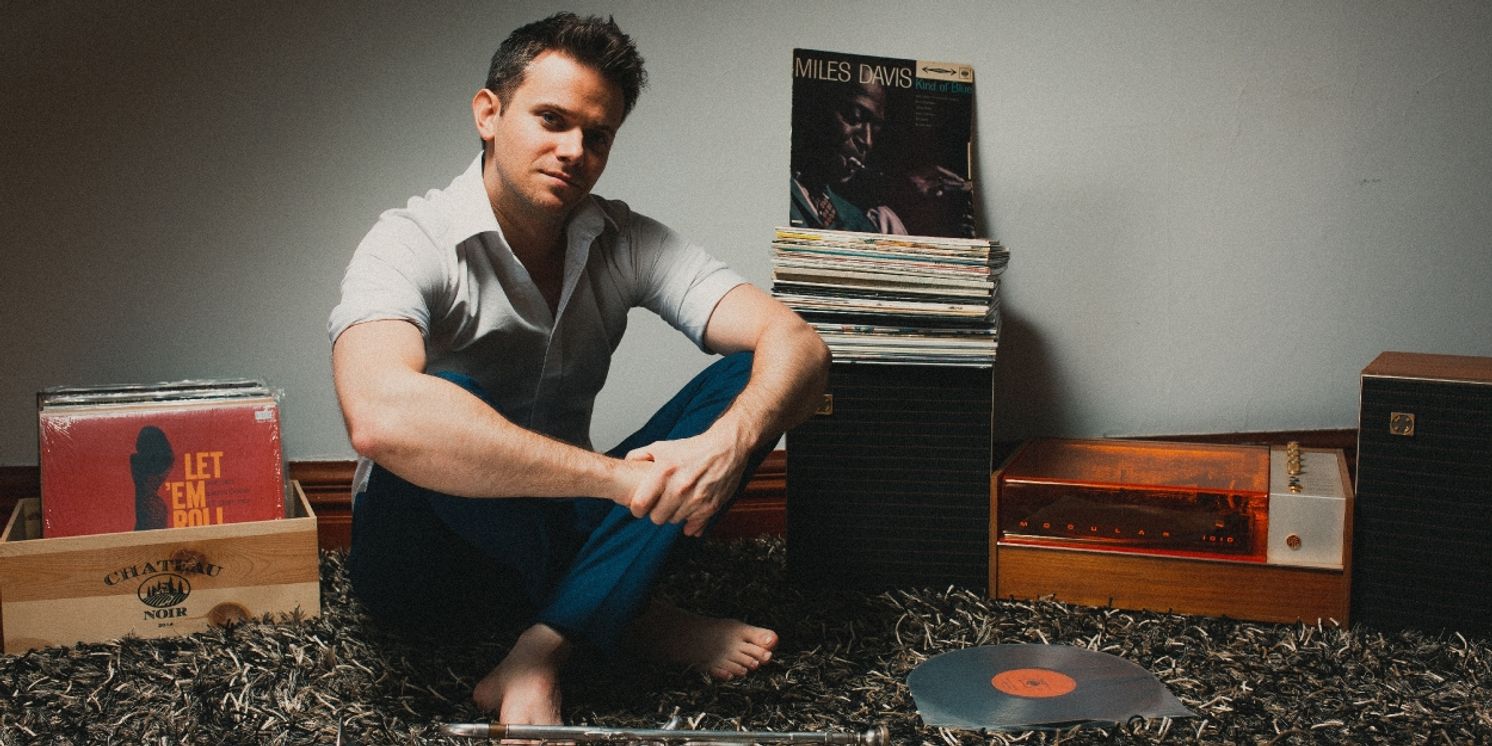Review: LOST IN A DREAM: THE LIFE AND SONGS OF CHET BAKER - ADELAIDE CABARET FESTIVAL 2023 at Dunstan Playhouse, Adelaide Festival Centre
A touching tribute to Chet Baker.

Reviewed by Barry Lenny, Friday 23rd June 2023.
Lost in a Dream: The Life and Songs of Chet Baker, is a tribute to the late jazz trumpeter/singer, presented by Australian trumpeter, singer, and composer/arranger, Roscoe James Irwin. He takes us back to the 1950s in California, the era of West Coast Cool. He is accompanied by a jazz trio and strings in his own arrangements of Baker’s music.
Chesney Henry ’Chet’ Baker Jr. (23rd December 1929 – 13th May 1988) led a troubled life, addicted from the 1950s to heroin and other drugs. Considered attractive in his early years (he was compared to James Dean), the drugs affected his looks, made worse by a severe beating in San Francisco in 1966, over money, at the hands of drug dealers, knocking out his teeth and putting a temporary halt to his playing from 1970 until he was fitted with dentures and learned to play all over again.
He first began singing in 1954, putting out the album of standards from the Great American Songbook, Chet Baker Sings.
He moved to Europe in 1978 and died there, apparently falling from the window of his hotel room in the drug dealers’ area of Amsterdam. Nobody knows for certain what happened, but the commonly told theory is that he had locked himself out of his room and was trying to get back from the room next door by climbing over the balcony.
Leonard Feather, in The Encyclopedia of Jazz (1960 edition), describes him as having a “Light, pure sound, stylistically descendant from Miles Davis; as singer, weak-voiced but appealing to feminine audiences.” In 1989 he wrote about the biographical film, Let’s Get Lost, saying “He was a limited trumpeter, never responsible for any dramatic musical breakthroughs, and an even less talented singer who got away with it mainly through the James Dean comparisons and the young-white-hope hype.”
He doesn’t even get a mention in John Chiltern’s book, Who’s Who of Jazz.
In spite of Feather’s assessment, Chet Baker was, and still remains, a very popular musician and singer, who also appeared in Hollywood films, and Irwin shows why he was so popular in presenting an hour or so of Baker’s best-known pieces. He also featured regularly in the Down Beat magazine polls, first on trumpet and, later, also on vocals.
Feather’s was not a view shared by many notable musicians, either. He performed alongside Vido Musso and Stan Getz, and joined Charlie Parker on tour, joining Gerry Mulligan in 1952. His own quartet, at various times, included Russ Freeman, Joe Mondragon, Larry Bunker, and Shelley Manne, and his last album, before going back to Europe, simply titled, Chet, featured Bill Evans, Paul Chambers, and Philly Joe Jones.
Roscoe James Irwin is, obviously, another who disagrees with Leonard Feather, along with the members of the audience in the Dunstan Playhouse, who applauded enthusiastically after every number. He opened with This is Always and Someone to Watch Over Me. His warm, resonant voice is ideally suited to presenting the music and songs associated with Chet Baker, many of which were ballads. Irwin then began to tell of Baker’s life and career, a narration continued between songs, including Time After Time, It’s Always You, My Heart Stood Still, I Fall in Love Too Easily, I Never Fell in Love Before, an extended version of When I Fall in Love, and, of course, the song always associated with him, My Funny Valentine.
With every number, there was an opportunity for Irwin to reach for his trumpet, or his flugelhorn, to add that other dimension of Baker’s music, with some superb solos delivered during the evening. He shared the soloing duties with other musicians, giving them a chance to shine, too. His love of Baker’s music was strongly in evidence in this warm tribute to the man and his career.
The jazz trio, David Goodwin on piano, Tim Bowen on double bass, and Ben Riley on drums, all had their chance to show their individual abilities on Irwin’s marvellous arrangements, as well as their work as a tight ensemble, and violinist, Julian Ferraretto, who led the excellent string section, also contributed a couple of fine solos to the evening.
Irwin closed the performance with, Let’s Get Lost, from which the biographical film derived its title, which gave it an even more poignant quality. Sadly, there was only one performance of this production. It drew a full house and, perhaps, deserved a second performance.
Photography, Lord Media.
Reader Reviews
Videos

